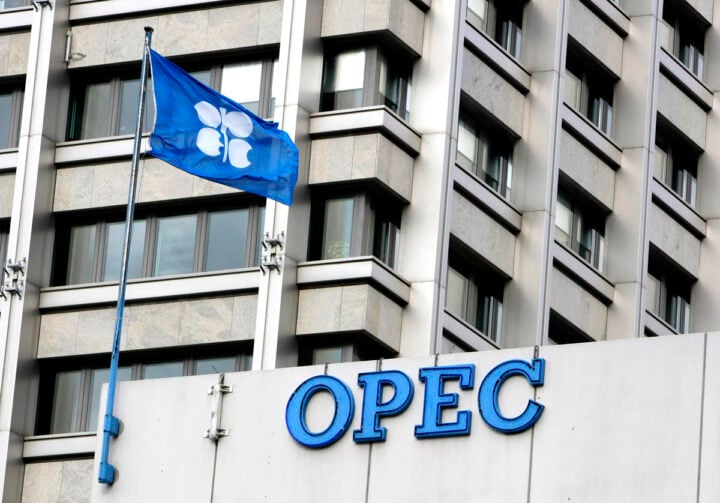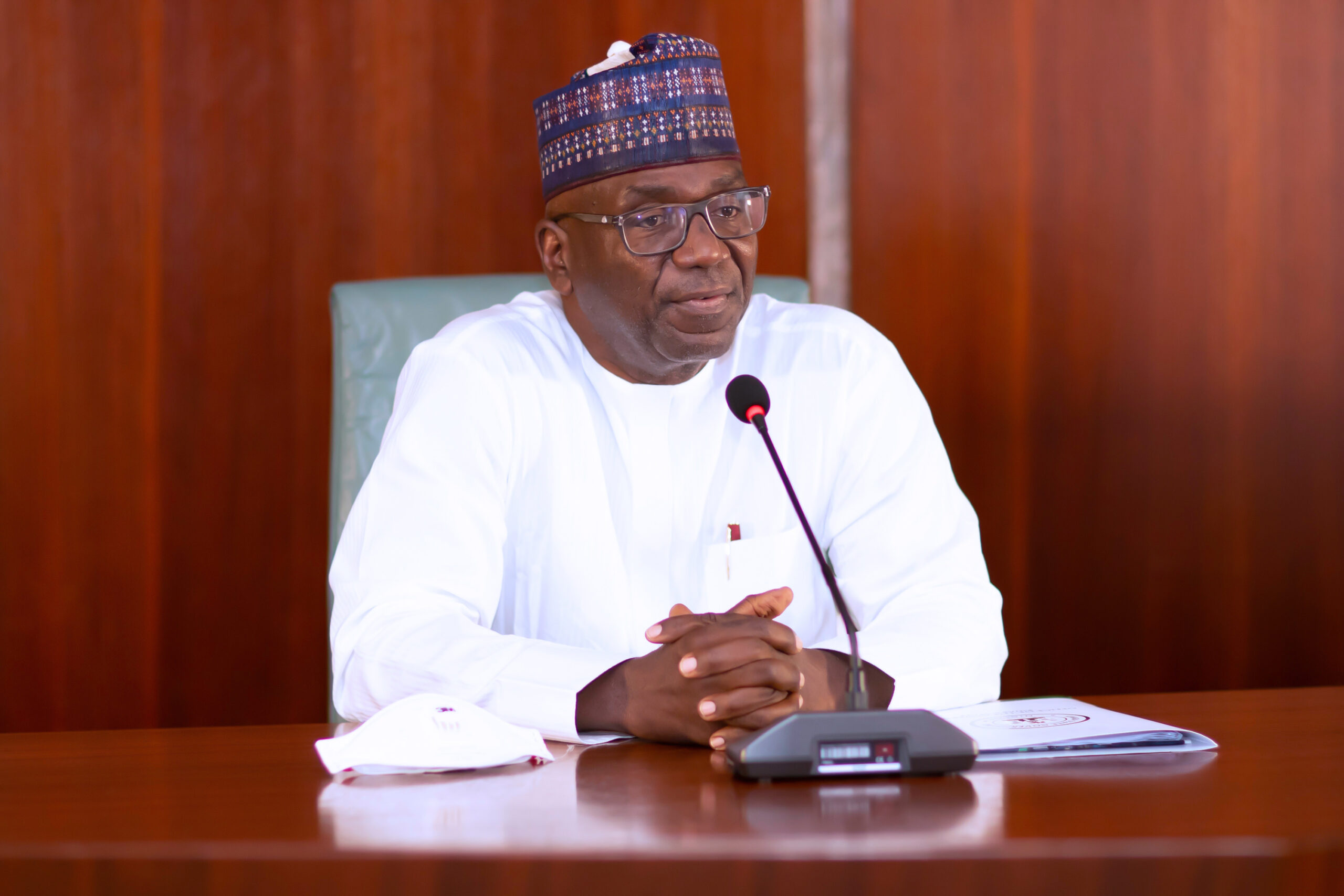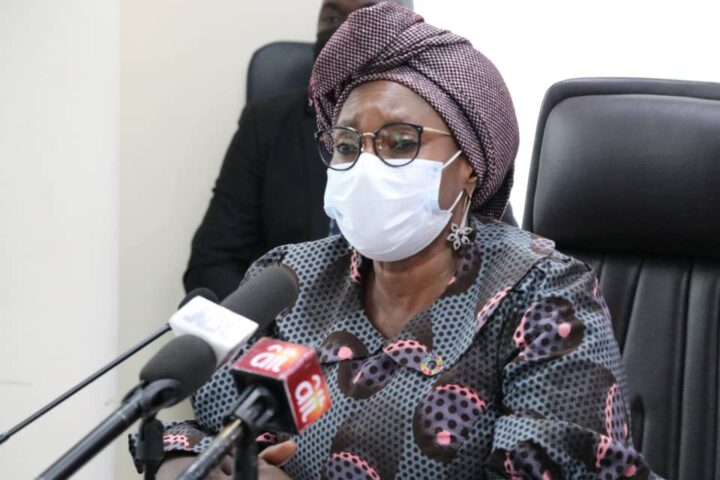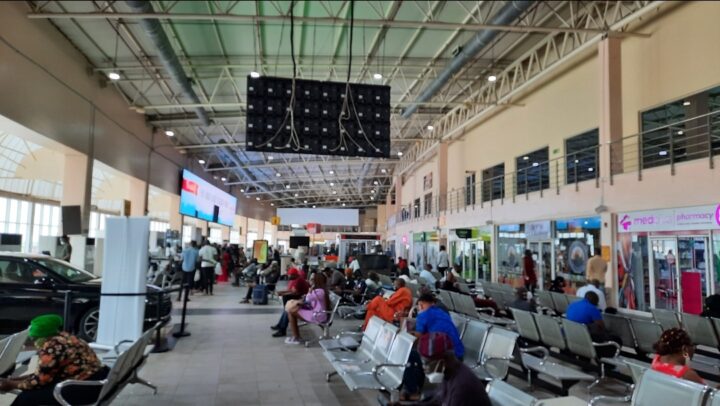The Organisation of Petroleum Exporting Countries and its allies, known as OPEC+, have agreed to increase production by 400,000 barrels per day, citing geopolitical tensions as the reason for rising oil prices.
On Wednesday, global oil prices surpassed $110 a barrel amid supply disruptions following Russia’s invasion of Ukraine.
OPEC disclosed this at the end of the 26th OPEC and non-OPEC ministerial meeting held via videoconference on Wednesday.
The oil cartel said geopolitical developments caused the current instability in the oil market, ignoring calls from consumers to pump more crude despite sanctions placed on Russia by western nations.
Advertisement
“Based on internal consultation held exclusively by the OPEC and participating non-OPEC oil-producing countries in the Declaration of Cooperation (DoC), it was noted that current oil market fundamentals and the consensus on its outlook pointed to a well-balanced market and that current volatility is not caused by changes in market fundamentals but by current geopolitical developments,” the cartel said in a statement.
“Reconfirm the production adjustment plan and the monthly production adjustment mechanism approved at the 19th Ministerial Meeting and the decision to adjust upward the monthly overall production by 0.4 mb/d for the month of April 2022, as per the attached schedule.
“Reiterate the critical importance of adhering to full conformity and to the compensation mechanism taking advantage of the extension of the compensation period until the end of June 2022. Compensation plans should be submitted in accordance with the statement of the 15th Ministerial Meeting.”
Advertisement
Despite OPEC+ monthly measures, Nigeria failed to meet its target due to pipelines vandalism and shut-ins.
In January, the country pumped 1.46 million barrels per day against a target of 1.68 million allocated by OPEC.
This, alongside subsidy payments, resulted in the monthly drop of remittances to the federation account.
TheCable reported Nigerian National Petroleum Company (NNPC) Limited remitted nothing after expending N210.38 billion on petrol subsidy in January 2022.
Advertisement
Add a comment






